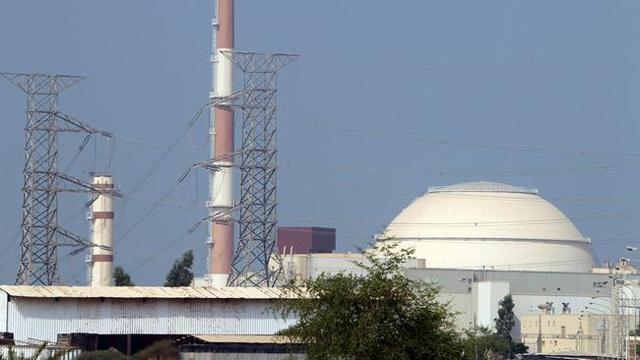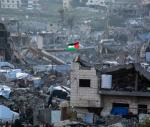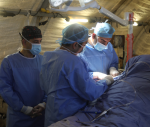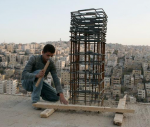You are here
UN nuclear watchdog to visit 2nd Iran site in 'a few days'
By AFP - Sep 14,2020 - Last updated at Sep 14,2020
VIENNA — The head of UN's nuclear watchdog said Monday that inspectors would "in a few days" visit the second of two sites in Iran where undeclared nuclear activity may have taken place in the early 2000s.
Iran's refusal to allow the International Atomic Energy Agency (IAEA) access to the two sites had caused a diplomatic row for months.
This had further strained efforts to save the 2015 landmark Iran nuclear deal, which has hung by a thread since the US pulled out of it in 2018.
The accord promises Iran sanctions relief in exchange for curbing its nuclear programme, but Tehran has stepped up nuclear activities since last year after the US reimposed sanctions.
IAEA Director General Rafael Grossi said a visit to a second site, to which the agency had requested access, was imminent following a recent visit to the first.
"The second one will happen in a few days", he told reporters after opening the agency's 35-member board of governors' meeting.
He said analysing environmental samples collected at the first site would take "not less than a couple of months, two or three months maybe".
Tehran announced in late August that it would allow the IAEA access to the two sites, following a visit to Tehran by Grossi.
The denial had prompted the IAEA’s board of governors to pass a resolution in June urging Tehran to comply with the agency’s requests.
Under the 2015 accord, the IAEA monitors Iran’s nuclear activities and regularly updates its members.
In its latest report, the IAEA said Iran’s stockpile of enriched uranium now stands at more than ten times the limit set down in the 2015 deal.
Iran is also continuing to use more advanced centrifuges to enrich uranium than is permitted under the deal.
However, the level of enrichment has not gone above that which would be needed for use in a nuclear weapon.
The head of Iran’s atomic agency, Ali Akbar Salehi, said Sunday that 1,044 centrifuges were active at the Fordow uranium enrichment plant.
The suspension of all enrichment at the underground facility was one of the restrictions on Iran’s nuclear activities under the Iran nuclear accord.
The remaining parties to the accord — Britain, China, France, Germany and Russia — have called on Iran to return to its commitments, but Tehran insists the steps can be reversed once it realises the economic benefits from the deal.
Tensions between Tehran and Washington have spiralled following a US push to extend an arms embargo on Iran that starts to progressively expire in October as well as reimposing UN sanctions on the Islamic republic.
Related Articles
TEHRAN — Iran condemned as "unconstructive" Thursday its censure by the UN atomic energy watchdog for failing to cooperate, in a new spat th
TEHRAN — Iran said Sunday it had held "fruitful discussions" with UN nuclear watchdog chief Rafael Grossi in Tehran, ahead of a deadline whe
TEHRAN — Iran said Saturday it has fired up advanced centrifuges to boost its enriched uranium stockpiles, in the latest scaling back of com


















